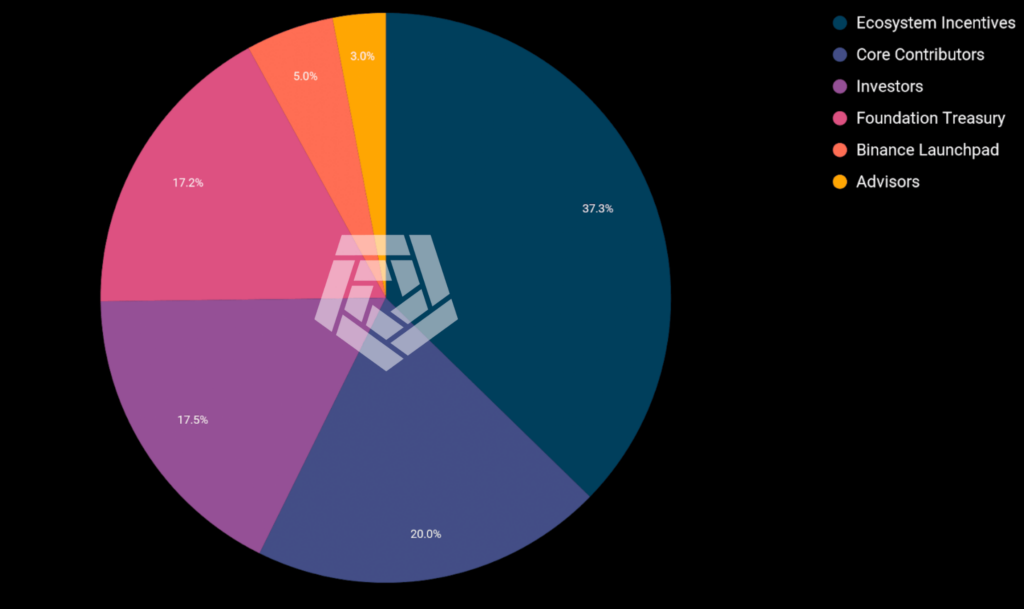
The world of Web3 is known for its innovation, decentralization, and occasionally, its enigma. One project that has captured attention, intrigue, and perhaps a bit of controversy is Arkham Intelligence. This platform aims to illuminate the shadowy corners of the blockchain by de-anonymizing on-chain activity.
Arkham’s Mission: Unmasking the Blockchain

Arkham’s ambition is audacious: to bring transparency and accountability to the often opaque world of cryptocurrency transactions. It leverages sophisticated analytics and machine learning to link blockchain addresses to real-world entities, mapping the on-chain underworld.
This has a range of potential applications. For investors, it could mean better due diligence and risk assessment. For law enforcement, it could be a powerful tool in combating illicit activities like money laundering and fraud. For the broader Web3 community, it represents a step towards greater accountability and maturity.
Controversy and Concerns
Arkham’s approach has not been without its critics. Some raise concerns about privacy and the potential for misuse of the information it uncovers. Others worry about the centralization of such sensitive data and the power it could confer on those who control it.
There’s also the philosophical debate about the balance between privacy and transparency in the Web3 ecosystem. Some argue that anonymity is a core principle of blockchain technology, and Arkham’s mission is fundamentally at odds with that.
Arkham intelligence and ARKM tokenomics

Arkham operates on a unique model that blends intelligence gathering, gamification, and tokenomics elements. It incentivizes users to contribute information and insights about blockchain addresses through a system of rewards and bounties. This crowdsourced intelligence is then used to build Arkham’s database and fuel its analytics engine.
The platform’s native token, ARKM, plays a central role in this ecosystem. It’s used to reward contributors, access premium features, and participate in governance decisions. This creates a dynamic where users are not just passive consumers of information but active participants in its creation and curation.
The Future of Arkham
Arkham’s journey is still in its early stages, but it has already sparked a lively debate about the future of privacy and transparency in the Web3 world. As the platform evolves and its capabilities grow, it will likely face increasing scrutiny and challenges.
However, one thing is clear: Arkham is pushing the boundaries of what’s possible in blockchain analytics and intelligence. Whether you see it as a force for good, a necessary evil, or something in between, it’s a project that’s worth watching closely.
In Conclusion
Arkham represents a bold attempt to bring transparency and accountability to the blockchain. Its mission is ambitious, its methods are controversial, and its future is uncertain. But it’s a project that’s forcing the Web3 community to grapple with fundamental questions about privacy, transparency, and the balance of power in a decentralized world.
